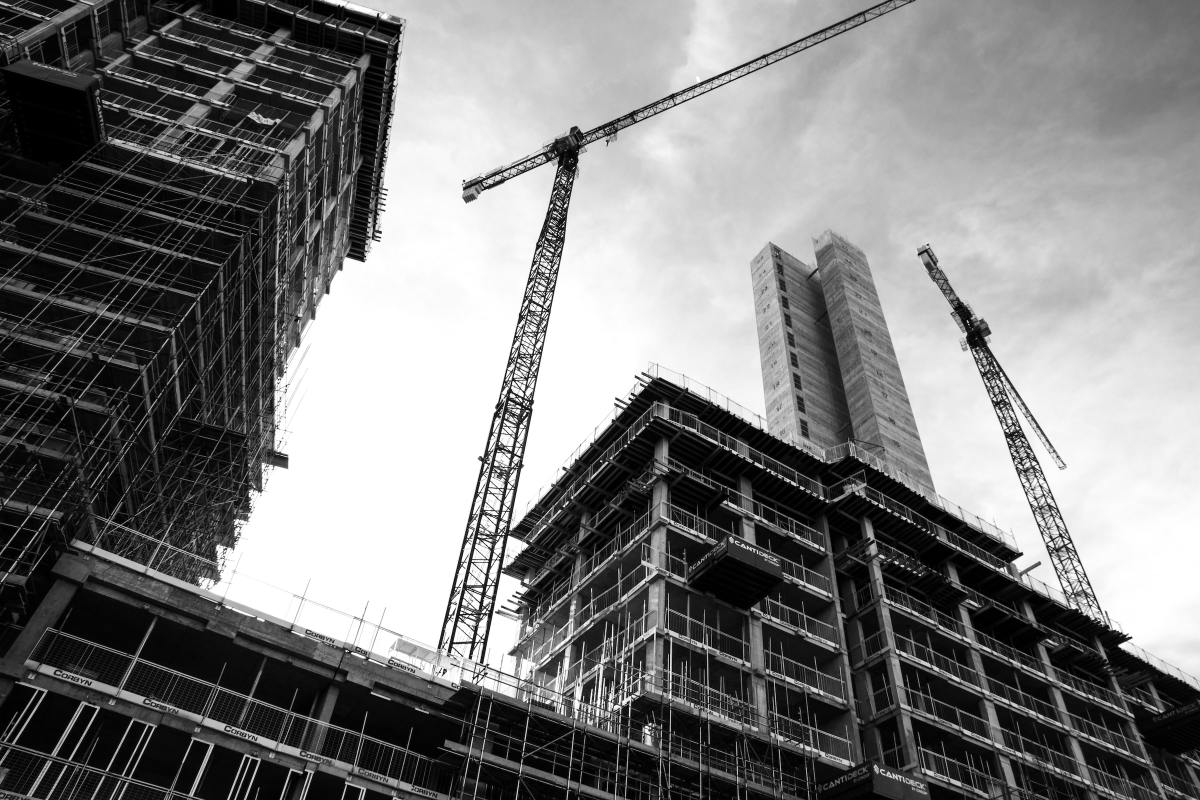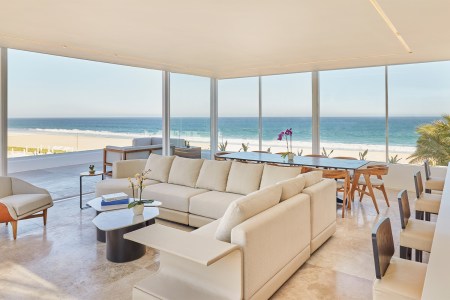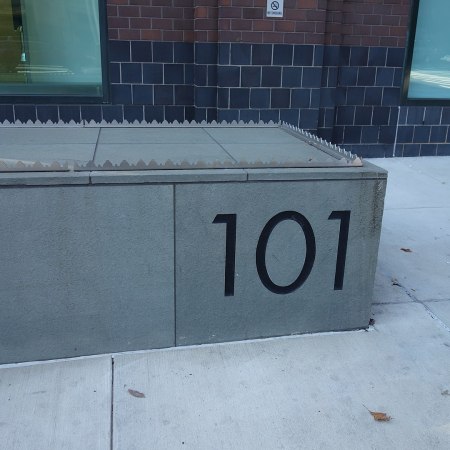When did wellness first start to become associated with architecture? Whenever it began, it’s been accelerating ever since then, with wellness being a buzzword used when describing everything from theme parks to luxury residences. Reading about this too much might leave you wondering in what sense the word “wellness” is being used — and that’s where architect and writer Reinier De Graaf would like to have a word.
De Graaf is an architect at OMA, the iconic firm that Rem Koolhaas founded in 1975. He’s also the author of several books, most recently architect, verb.: The New Language of Building. And he’s not happy with some of the ways architecture and its functions have been described. “Once rebranded as ‘wellbeing,’ the notion of health moves from being a right to being an obligation,” he writes in the book.
In a conversation with journalist Andrew Keen for the show Keen On, De Graaf expanded on these concerns — and made a few thought-provoking observations on the place where design, health and language converge.
“Architecture has had a relationship with the medical over the ages,” De Graaf pointed out. And, not long afterwards, he pointed to its ubiquity in the industry: “It’s one of the boxes, as an architect, that you need to check these days if you want to convince anyone to get your building built.”
This Cabo Hotel Is an Architectural Dream Worth the Flight
Come for the beach, stay for the room-sized showerOver the course of the conversation, De Graaf expressed skepticism about the use of certain buzzwords in modern architecture. “The more we use the term ‘livability,’ the fewer livable cities we have,” he said. He makes a convincing argument that failing to think about the consequences of certain descriptions can ultimately lead to the opposite effect of what designers and planners are seeking. And that, in turn, can have ominous effects years down the line.
Whether you’re looking to get into shape, or just get out of a funk, The Charge has got you covered. Sign up for our new wellness newsletter today.


















